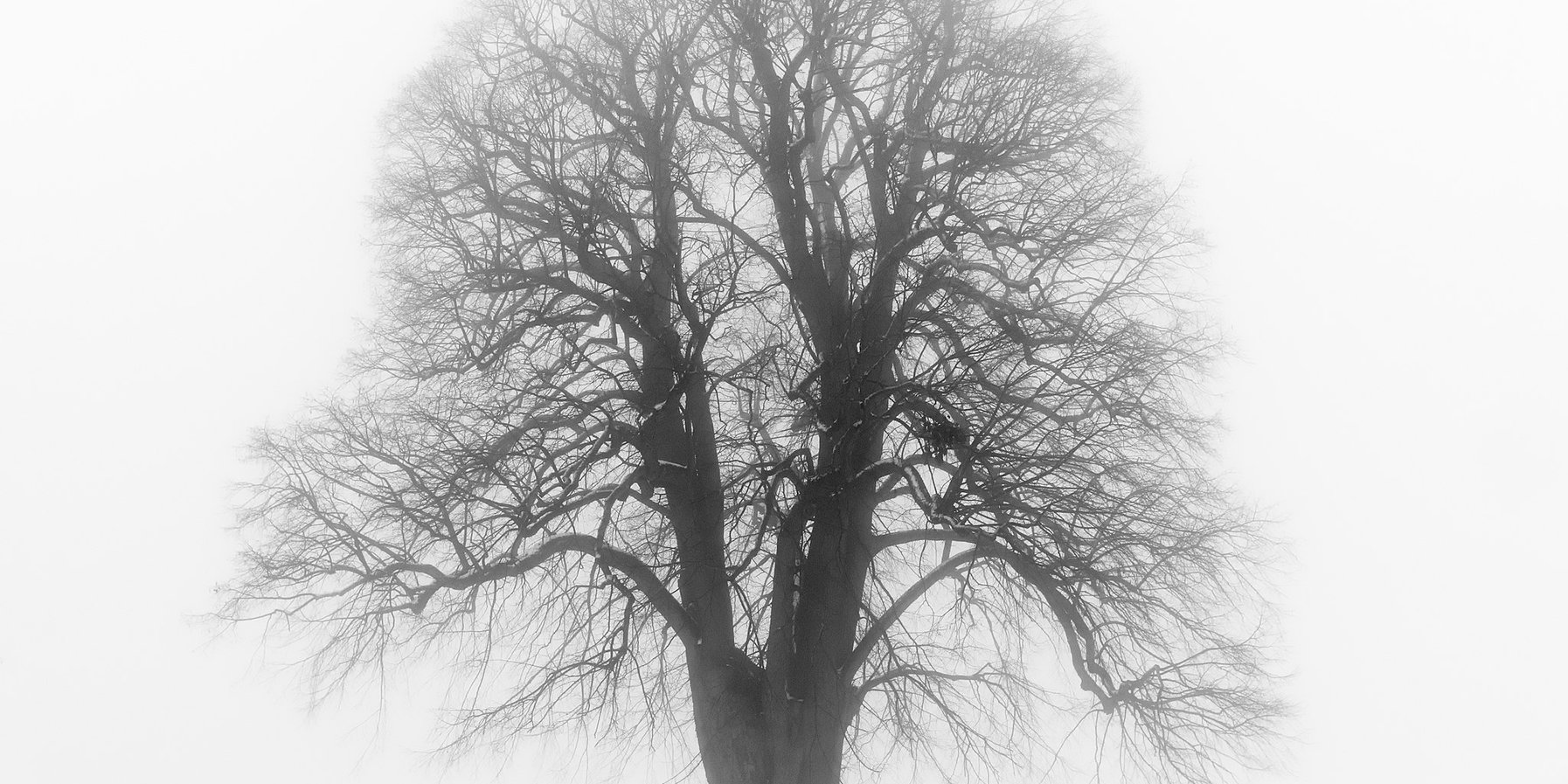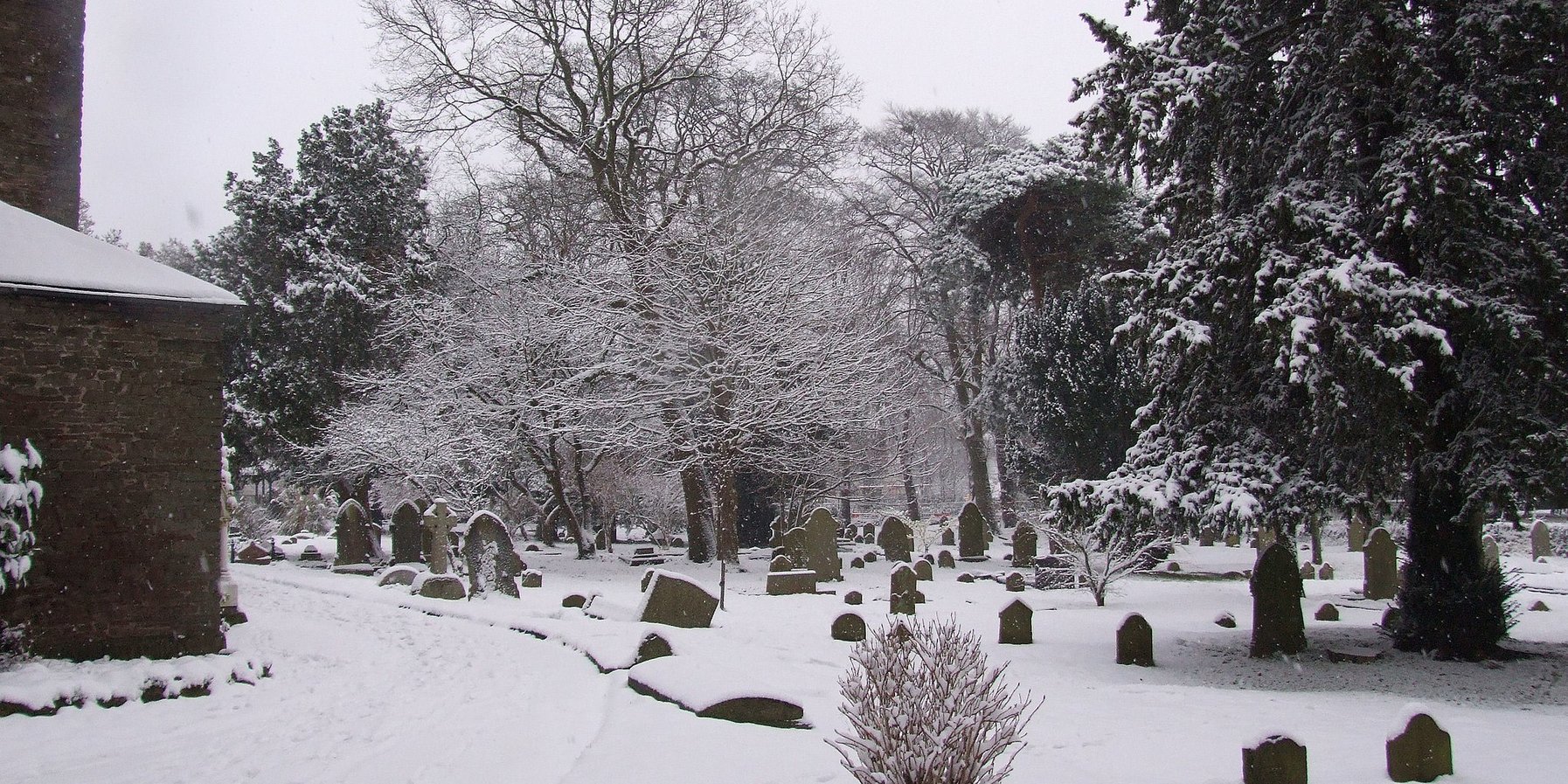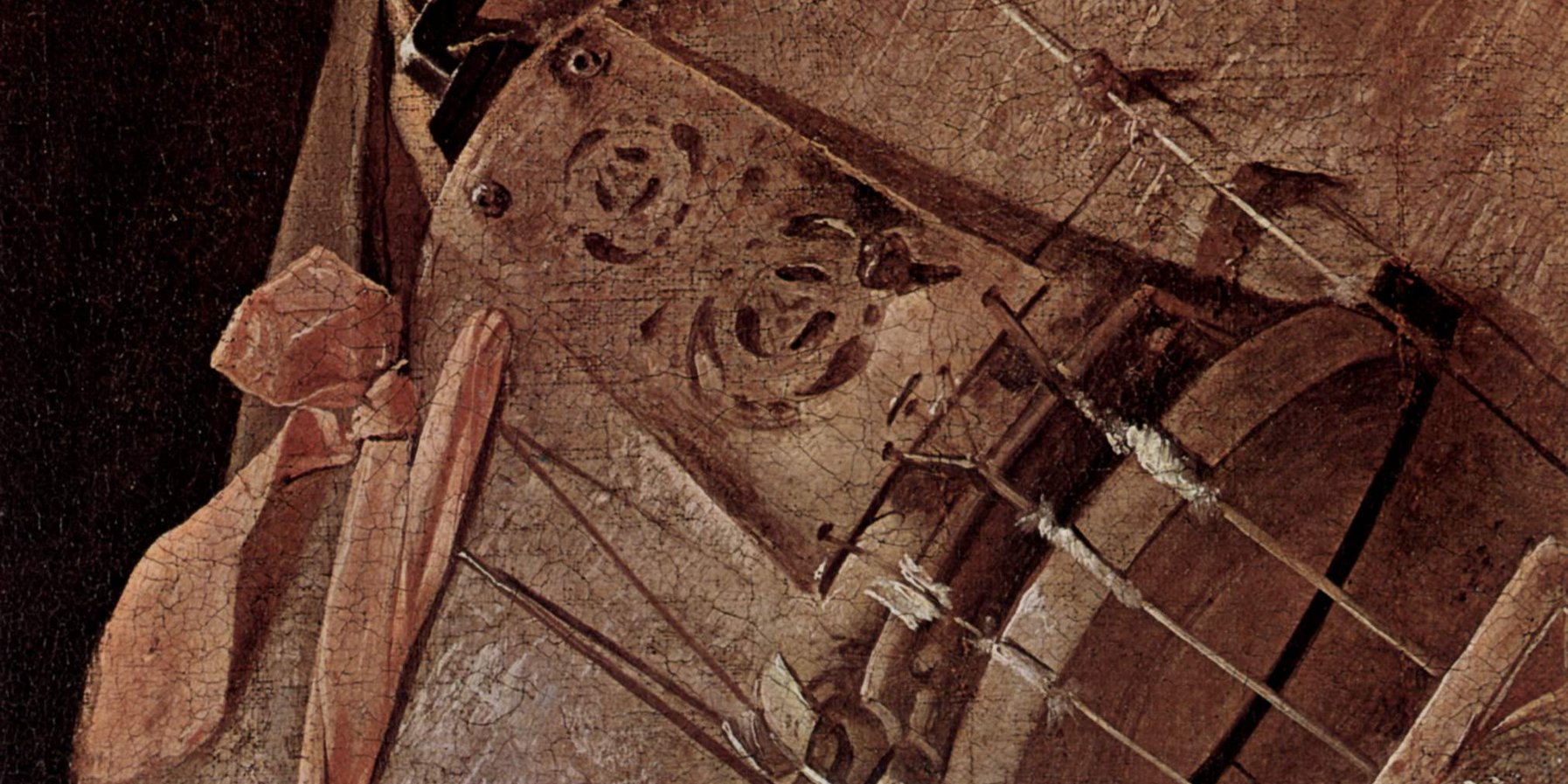A wayfarer without a destination or a home wanders through a hostile, enigmatic landscape. There are few works that have retained an unbroken fascination and oppressive impact over the centuries as Franz Schubert’s song cycle »Winterreise« has.
»Schubert was gloomy for some time and seemed to be unsound. One day he said to me, »Come to Schober’s today, I will sing you a cycle of gruesome songs. They affected me more than was the case with other songs.« He sang the complete Winterreise in a moving voice. We were amazed at the dark mood of these songs.«
Josef von Spaun, a friend of Franz Schubert’s
This was how a friend of the composer's experienced the first performance of »Winterreise« in a small circle. Today, Schubert’s dark-hued and expressive songs have a firm place in the classical lieder repertoire, and are popular with music lovers all over the world.

A journey without return
»A stranger I arrived; a stranger I depart.« This is the opening line of »Winterreise«, which Schubert wrote in 1827, a year before his death. The cycle of 24 songs for voice and piano is based on poems by Wilhelm Müller – poems had moved the composer deeply. The subject matter is solitude, the feeling of always being an outsider and bidding farewell to life.
The main character is a lonely wayfarer who roams through the frozen winter landscape. The texts only tell us a little about this mysterious person. His journey is not a normal one: it has no destination, and doesn’t come to an end. Dreams, reality and the dark depths of the soul mingle more and more in the wayfarer’s mind as he becomes increasingly absorbed in his own thoughts.
And there is another unusual aspect to this winter journey: the man wanders through the snowbound landscape, but otherwise nothing at all happens on the surface. For the real drama that the wayfarer broods over took place before the first song begins. Thus the wayfarer’s soul is the stage on which all the songs play, and all of them depict his unchanged feelings: they revolve without any sense of hope around love lost, grief, hope and resignation.
»We are drawn in by an obsessively confessional soul, apparently an emotional exhibitionist, who won’t give us the facts; but this allows us to supply the facts of our own lives, and make him our mirror.«
Ian Bostridge, singer
»Gute Nacht« (Matthias Goerne & Christoph Eschenbach)
Lost Love
His journey starts when he steals out of his sweetheart’s family home one cold wintry night. In the first song, »Gute Nacht« (Good Night), we learn that the relationship is over. Afraid that he will bechased off, he leaves everything behind. In the next song, »Die Wetterfahne« (The Weathervane), we hear the line: »Why should they care about my grief? Their child is a rich bride«.
Did the family reject him as a suitor because he is not wealthy? No clear answer is supplied in the texts; the reasons for the break-up are left in the dark. All restless, the rejected lover flees through the snow, but the past keeps catching up with him: ardent longing, memories of happy summer days with his beloved. However, these warming thoughts are frozen numb by the reality of his situation.
»Erstarrung« (Ian Bostridge & Julius Drake)
Nature is a mirror
His only companion is icy nature, which reflects his state of mind: a silent river, beneath whose frozen surface the water roars (»Auf dem Flusse«); the snow that freezes his tears (»Gefror’ne Thränen«); patterns in the frost remind him of springtime days now past (»Frühlingstraum«), while the familiar linden tree recalls the love that once was – but he hears death calling from amongst the rustling twigs.
»Der Lindenbaum« (The Linden Tree) (Ian Bostridge & Julius Drake)
Schubert’s winter wayfarer finds no peace. More and more, the ground slips away beneath his feet and he loses touch with reality. A pale light leads him astray, and he is overcome by a yearning for death. A crow joins him on his journey. Is this a sign of death?
SPURNED BY LIFE – AND BY DEATH
The wayfarer cannot find a final resting place. But there’s no longer a place for him among the living, either: he realises he is an outcast when he walks through a village at night (»Im Dorfe«) (In the Village), pursued by the barking of dogs. A sign post points the way to an inn, but it turns out to be a cemetery. And even there, he gets sent on his way.
»Das Wirtshaus« (Ian Bostridge & Julius Drake)
THE LAST SONG
At the end, the lost traveller meets a man with a hurdy-gurdy whom no-one wants to see or hear – an outcast like himself. In him, the wayfarer finds a musical companion. The last song in the set, »Der Leiermann« (The Hurdy-Gurdy Man), is based on a single motif that revolves unchanged around its own axis. In its monotony, it reflects the irreconcilable cycle of the journey between life and death. Immobile, almost indifferent, even the emotions seem to be frozen solid in the end.
»Der Leiermann« (The Hurdy-Gurdy Man) (Matthias Goerne & Markus Hinterhäuser)
Text: Laura Etspüler, 1 Dec 2021








